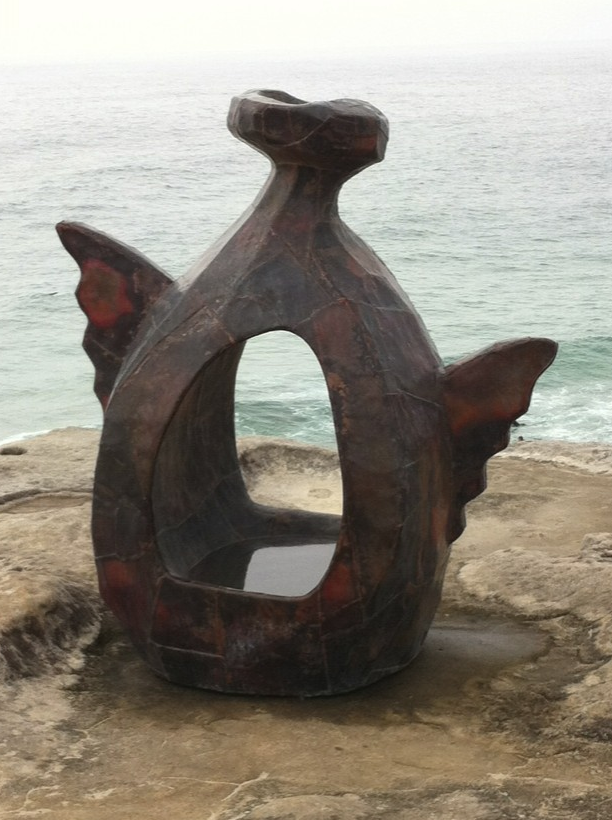What would you think if you read the following reports of a recent Victorian Court of Appeal ruling?
The Victorian Supreme Court has upheld the Appeal of the two Dannys (Pastor Daniel Scot and Pastor Danny Nalliah) against the previous unjust decision by Judge Higgins.
All previous orders by Judge Higgins, who showed bias against the two Dannys have been annulled.
Their case will be heard again in the Victorian Civil and Administrative Tribunal by another judge. (Voice of the Martyrs)
Or these comments?
In the Court of Appeal, the church argued that VCAT erred in its interpretation of the law.
The church said the Islamic council should have had to prove that people were actually incited to hatred, rather than show the comments were likely to incite hatred.
...
In my view, Justice Nettle's judgement is a damning indictment of Judge Higgins' original decision to convict the pastors in December 2004.
...
What drove the Government to pass such dangerous laws? What drove the Equal Opportunity Commission to hunt these pastors? How did VCAT rule as it did? There is a touch of Salem about this.
At least the Supreme Court insists there is a “distinction between hatred of the religious beliefs of Muslims and hatred of Muslims”. We should now be free again to criticise a faith without being found guilty of vilifying the believer.
But until these laws are scrapped, can you be sure? (Australian Christian Lobby)
Or one more?
All three justices - Nettle, Ashley and Neave - agreed that the appeal should be allowed. In particular, the argument that the Tribunal had wrongly interpreted Section 8 of the Racial and Religious Tolerance Act, the basic section that sets out the offence of religious vilification was successful.
The Court gave orders that the Tribunal orders re 'penalties' (advertisement, not saying similar things) be set aside, and that the matter be sent back to VCAT to be heard by a different judge with no new evidence. (ICJS Research)
I don't know about you but If I had only read this typical Christian reportage of the case it would seem that a monstrous injustice had been soundly overturned; a dangerous ruling by a irresponsible judge applying an unconstitutional law, had been shown up by a definitive higher court judgement. In fact the reality is somewhat different as you can see by actually reading the judgement, which is available in full online.
What the Court of Appeal actually said is this (in summary, and bearing in mind that the three justices differed slightly from one another):
- The Tribunal erred on a particular point of interpretation of one section of the Act (and as Justice Ashley points out, the particular interpretation they have judged in error was not challenged by the appellants), and that this incorrect interpretation may have changed the outcome of the case so it ought to be redetermined without hearing further evidence.
- The Court of appeal did not accuse the Tribunal member of bias or incompetence. Indeed two of the Justices went out of their way to praise the Tribunal, noting that “it is right to acknowledge the prodigious amount of work which was evidently undertaken by the learned County Court judge who, as Vice President, constituted the Tribunal. It is plain indeed from his reasons that the Tribunal’s task was made more difficult than it need have been by the manner in which the proceeding was conducted – for the most part, though not exclusively so, by the appellants” (Justice Ashley) and “the fashion in which the Tribunal dealt with the matter is in my view worthy of high praise.” (Justice Nettle - if this is a “damning indictment”, I want some!)
- Two of the three Justices denied the appellants' claim that the Act was unconstitutional. (The third did not give a response on this issue.)
- Two of the three Justices denied the appellants' claim that the Tribunal went beyond its powers by ordering a corrective advertisement. (The third did not give a response on this issue.)
- Two of the three Justices specifically deny the appellants' claim that proof of actual incitement is required rather than the likelihood of incitement. (The third seems to imply a similar position but does not specifically address the issue.)
- One of the justices found that the Tribunal “did not give a great deal of consideration to the distinction between hatred of the religious beliefs of Muslims and hatred of Muslims because of their religious beliefs”, however a second Justice disagreed and the third chose to leave the question open as irrelevant given the decision to allow the appeal on the basis of interpretation referred to above.
Why does all this matter? Well to me it matters because it is yet again an example of the intellectual dishonesty with which some parts of the Christian church handle facts (can you say Intelligent Design?), and as a result we are all tainted. Shame.
